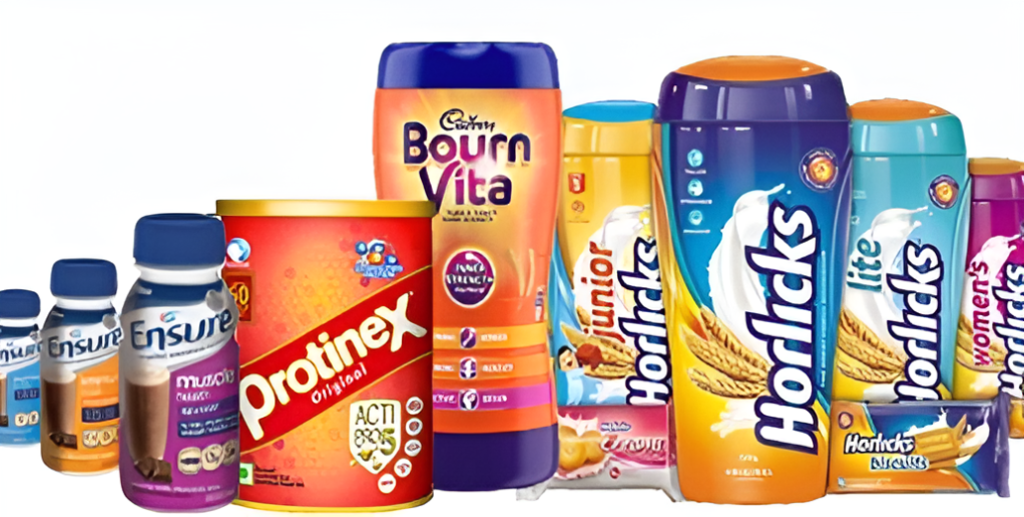The controversy has gained prominence once more following the Ministry of Commerce and Industry’s recent order to e-commerce platforms to remove Bournvita and related beverages from the “health drink” category.
According to the Food Safety and Standards Act of 2006, there was no official definition of a “health drink,” according to an investigation conducted by the National Commission for Protection of Child Rights. A definition or set of guidelines for a health drink has not been established by any later laws or regulations.
The Food Safety and Standards Authority of India (FSSAI) has made it clear that “health” or “energy” drinks are not appropriate labels for drinks made with dairy, cereals, or malt. The nation’s most popular drinks need to be properly categorised, according to a request made by the FSSAI.

Source: The Economic Times
Concerns have been voiced regarding the nutritional claims made by some health drinks. Children make up the majority of their $15 billion market, but other consumers including unwell people and recovering mothers also buy from them. There has always been worry about these drinks’ sugar levels.
Many of them have significantly more added sugar than is advised. This is the reason behind dental troubles, teen diabetes, childhood obesity, and other health problems. Some drinks have lowered their sugar level as a result of the uproar, but this does not solve the issue of goods being marketed and labelled as energy or health drinks. Energy drinks are water-based beverages with flavours that can be carbonated or not. Such labelling, bolstered by advertising, conveys the idea that the drinks are health- or energy-promoting.
Source: Mirror Now
However, dietitians believe that these kinds of promises are deceptive and sometimes harmful.The corporations assert that because the items are labelled and the components are listed, customers are able to make knowledgeable selections. However, in a market such as India, very few consumers read the labels, and even fewer comprehend what they read.
The majority of individuals base their decisions on the benefits and claims made about them, which are frequently supported by famous persons and presented in large print or on screens. Since the issue at hand involves people’s health, it is imperative that the regulatory norms and practices in this field are explicit. Standards are required not only for foods and beverages but also for formulations in fields such as medicine and fitness devices.
What do you think about this? Comment below.

